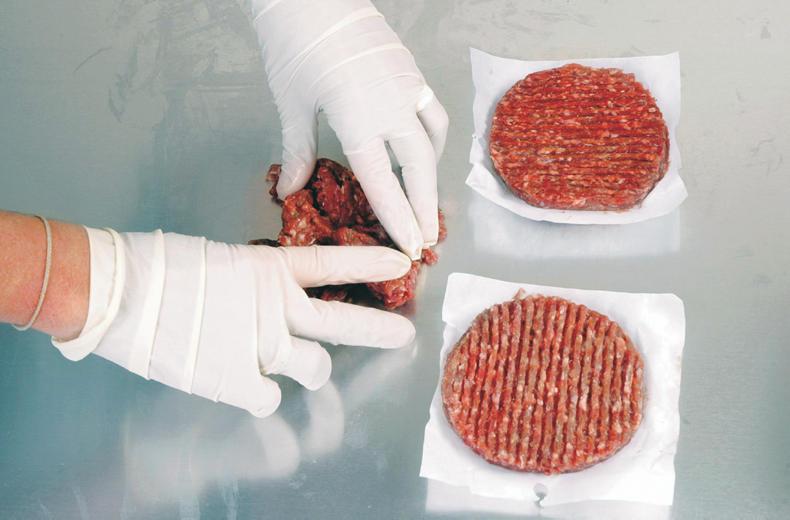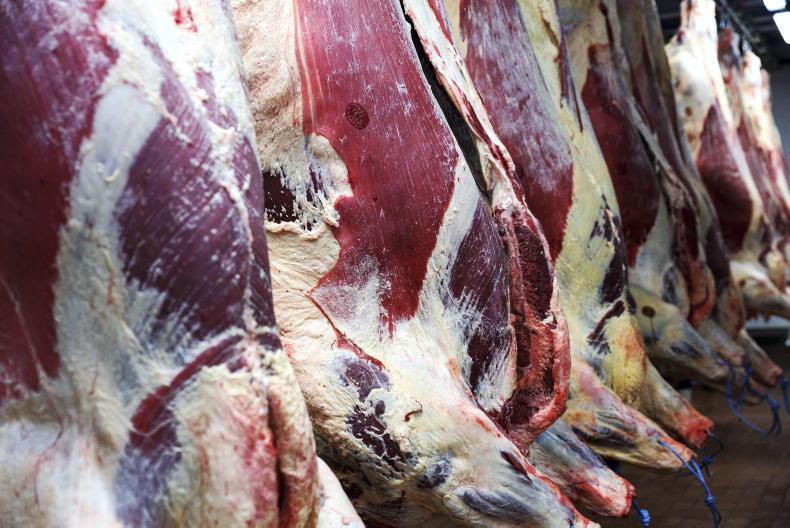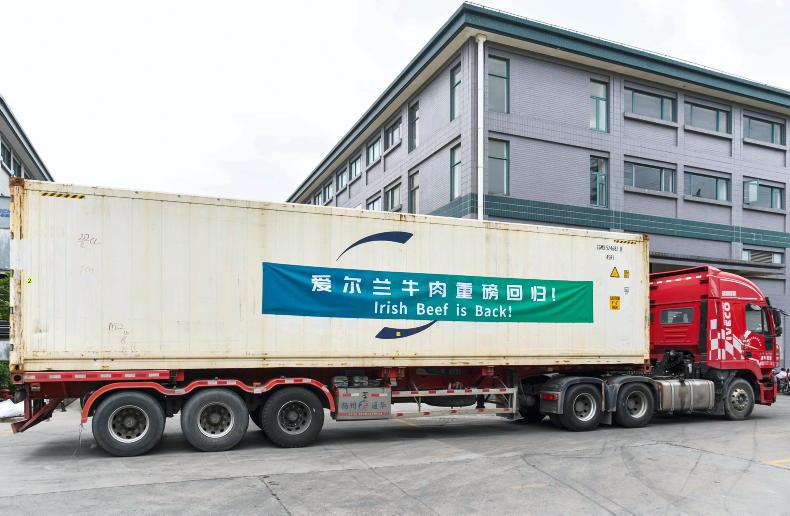The first of three hotly anticipated reports on transparency in the beef supply chain by Grant Thornton will give little inspiration to farmers.
The report is a detailed compendium of competition law, but has no recommendations.
The three reports, costing an estimated €100,000, were commissioned in the wake of angry farmer protests and the subsequent Irish beef sector agreement, signed in September 2019.
The reports were delayed by COVID-19 and Brexit, but all three are now nearing completion. The Department of Agriculture has committed to examining beef transparency models in other jurisdictions, once they are published.
The competition law review states transparency is a key to “building stakeholder trust and credibility for the Irish food industry”. It says that greater transparency throughout the beef supply chain should create “a more cohesive operating environment among all stakeholders”.
Competition law is primarily set down in the Competition Act of 2002, which prohibits any act in which a company abuses its dominant position within the supply chain.
Enforcement of competition law falls on the Competition and Consumer Protection Commission (CCPC), a body which has faced repeated criticism from farm organisations.
The reports detail that in 2014, prior to a Beef Forum meeting the CCPC wrote to parties involved, stating that discussing price “could be construed as moving into competition-sensitive areas such as price-fixing or anti-competitive collection action”.
Grant Thornton said this guidance should be noted in the context of maintaining a multi-stakeholder forum such as the Beef Market Taskforce.
The report highlights opportunities for farmers in establishing producer organisations or co-operatives to strengthen their bargaining position in the supply chain.










SHARING OPTIONS